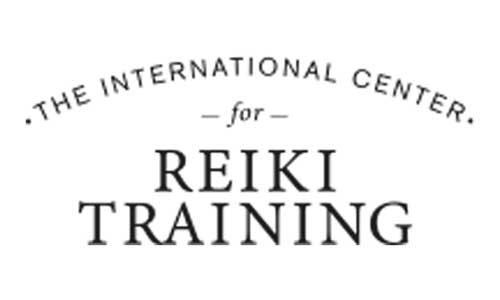This biofield energy therapy directs and balances the life force through practitioners’ hands to promote wellness.
How do experts use Reiki?
Both medical groups and integrative experts provide recommendations for Reiki in treating people with cancer. Learn more about the approaches and meanings of recommendations. Integrative Oncology Programs and Expert Guidelines ›
Clinical practice guidelines
These 2009 guidelines conclude that therapies based on a philosophy of bioenergy fields are safe and may provide some benefit for reducing stress and enhancing quality of life. The Society for Integrative Oncology gives a strong recommendation for these therapies, which include Reiki, Therapeutic Touch®, healing touch, and polarity therapy, for these uses:
- For reducing anxiety: grade 1B (strong recommendation, moderate-quality evidence)
- For pain, fatigue, and other symptom management: grade 1C (strong recommendation, low or very low quality evidence)
Clinical practice guidelines on the evidence-based use of integrative therapies during and after breast cancer treatment › This set of guidelines has been endorsed by the American Society of Clinical Oncology (ASCO).1Lyman GH, Greenlee H et al. Integrative therapies during and after breast cancer treatment: ASCO endorsement of the SIO clinical practice guideline. Journal of Clinical Oncology. 2018 Sep 1;36(25):2647-2655.
These 2017 guidelines found insufficient evidence to form a clinical recommendation for using Reiki for anxiety/stress reduction.
Inconclusive evidence to make recommendations for or against energy healing to improve depression symptoms in people with cancer regardless of when in the course of care
Published protocols, programs, and approaches
These protocolsa package of therapies combining and preferably integrating various therapies and practices into a cohesive design for care, programs, and approaches by leaders in integrative cancer care use or recommend Reiki.
We do not recommend specific integrative protocols or programs but provide information for you to evaluate with your healthcare team.
Lise Alschuler, ND, FABNO, and Karolyn Gazella
Alschuler LN, Gazella KA. The Definitive Guide to Cancer, 3rd Edition: An Integrative Approach to Prevention, Treatment, and Healing. Berkeley, California: Celestial Arts. 2010.
Alschuler LN, Gazella KA. The Definitive Guide to Thriving after Cancer: A Five-Step Integrative Plan to Reduce the Risk of Recurrence and Build Lifelong Health. Berkeley, California: Ten Speed Press. 2013.
Approaches are described for certain cancer types, or along with certain conventional therapy treatments, or for particular conditions such as insulin resistance.
Reiki is used in an overall integrative cancer plan for balancing the body through symptom relief and enhancing the innate ability to heal.
Neil McKinney, BSc, ND
McKinney N. Naturopathic Oncology, Fourth Edition. Victoria, BC, Canada: Liaison Press. 2020.
This book includes descriptions and uses of many natural and complementary protocols for cancer in general and for specific cancers. It also includes information on integrative support during conventional cancer treatment.
Neil McKinney, ND, lists Reiki as one of the leading remedies he uses in his integrative cancer care plans. He prefers the traditional Usai method and notices that his patients receiving Reiki make dramatic physical and emotional shifts. He says that it is particularly helpful in reducing radiation and/or chemotherapy-induced fatigue. He emphasizes that Reiki is compatible with all other healing modalities—conventional and alternative—and is not a religious practice.
Uses of Reiki:
- Treatment-related fatigue
- Symptom management for cancer in general
- Improvement of biophysical markersa chemical or substance, such as certain proteins or genetic material, that are associated with the presence of cancer or a change in status or prognosis; these markers can be detected in blood, urine, or tissue. Tumor markers are not direct measures of clinical outcomes such as survival or metastasis, and if a therapy or treatment shows an impact only on tumor markers, we cannot surmise that it will affect survival. in cancer
- As a natural medicine to alleviate side effects, restore real health and create healing conditions
Traditional medicine
Reiki is a traditional Japanese therapy and may be used in traditional medicine systems including traditional Chinese medicine and Ayurveda.
Learn more about traditional medicine and how to find practitioners: Finding Integrative Oncologists and Other Professionals ›
Other expert assessments
Current Oncology Reports
An expert review of evidence suggests that touch therapies might have a potential role in alleviating cancer-related fatigue.2David A, Hausner D, Frenkel M. Cancer-related fatigue-is there a role for complementary and integrative medicine? Current Oncology Reports. 2021 Nov 7;23(12):145.
Helpful link
References

